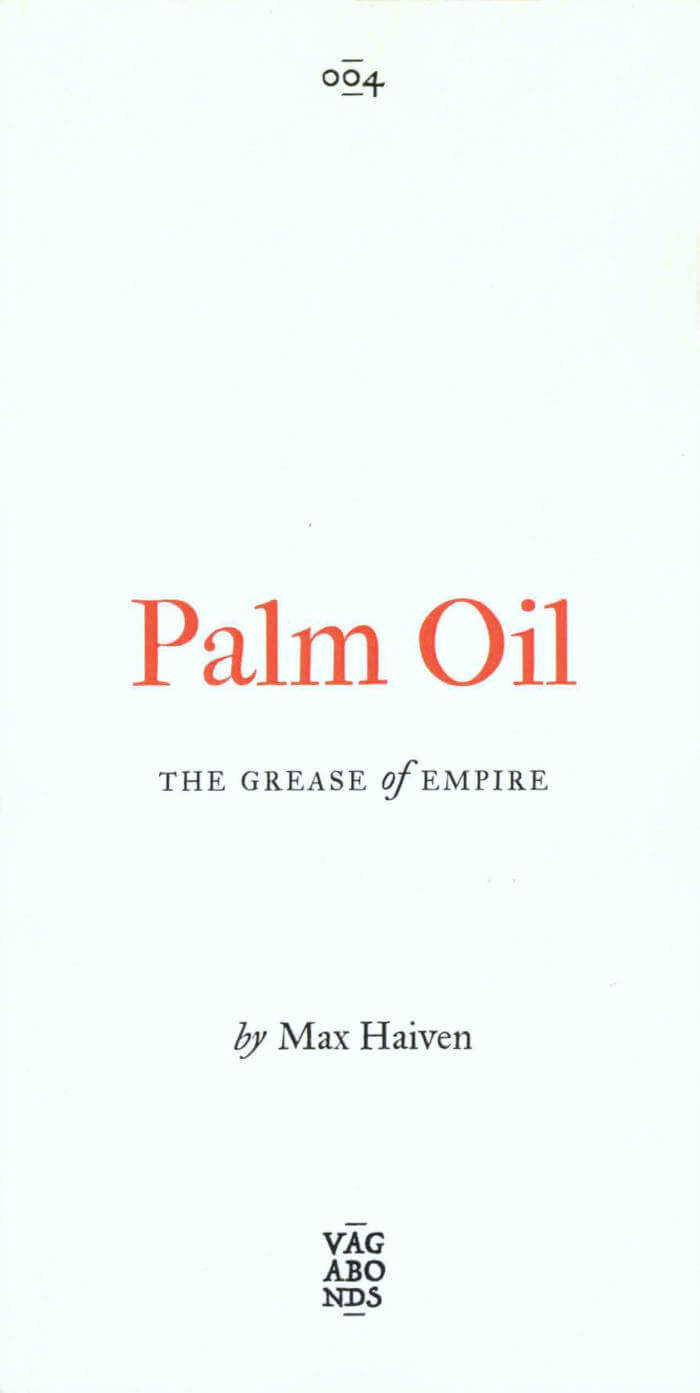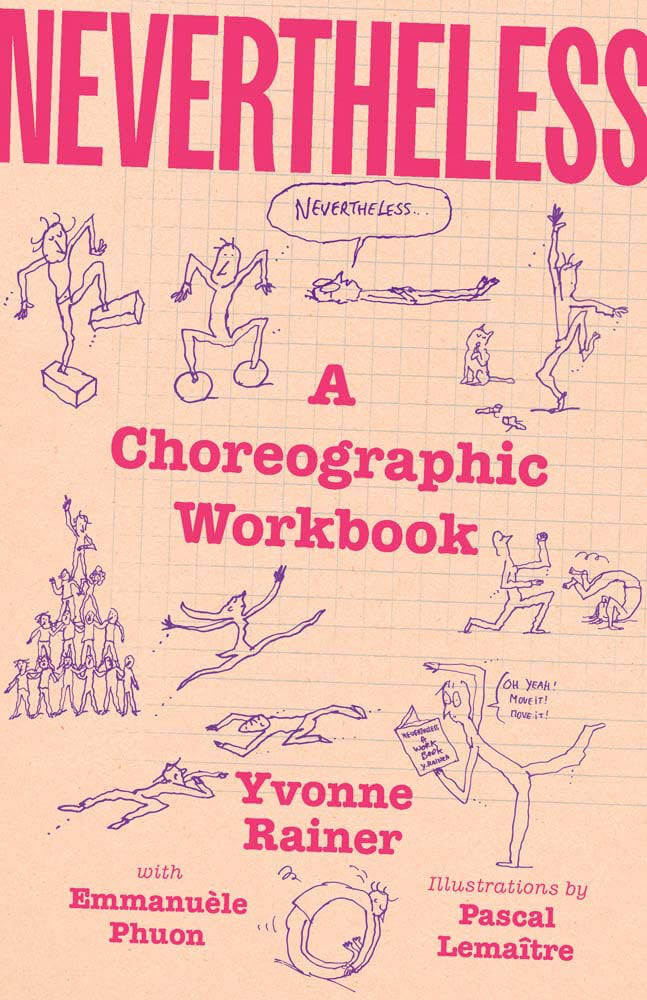
Palm Oil: The Grease of Empire
It's in our food, our cosmetics, our fuel and our bodies. Palm oil, found in half of supermarket products, has shaped our world. Max Haiven uncovers how the gears of capitalism are literally and metaphorically lubricated by this ubiquitous elixir.
From its origins in West Africa to today's Southeast Asian palm oil superpowers, Haiven's sweeping, experimental narrative takes us on a global journey that includes looted treasures, the American system of mass incarceration, the history of modern art and the industrialisation of war. Beyond simply calling for more consumer boycotts, he argues for recognising in palm oil humanity's profound potential to shape our world beyond racial capitalism and neo-colonial dispossession.
One part history, one part dream, one part theory, one part montage, this kaleidoscopic and urgent book asks us to recognise the past in the present and to seize the power to make a better world.
Language: English







